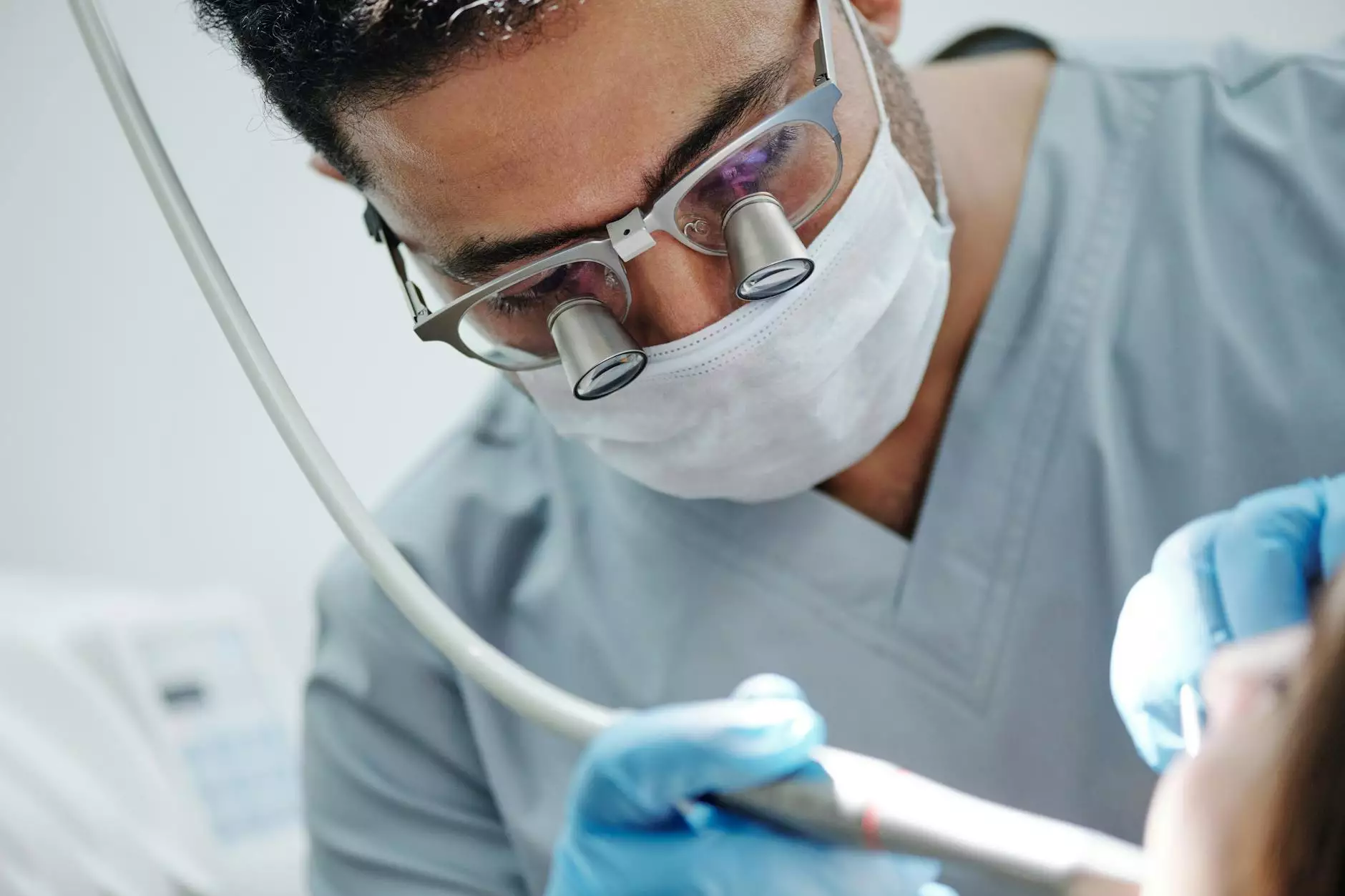Understanding Human Growth Hormone (HGH) for Pets and Pharmacy Needs

Human Growth Hormone (HGH) is often associated with human health; however, it plays a significant role in veterinary medicine as well. This article aims to delve into the advantages of HGH in the context of pet healthcare, particularly in relation to racehorses and other animals. We will also explore pharmacy considerations vital for pet owners and caregivers who wish to integrate HGH into their pet's health regimen.
The Role of Growth Hormones in Animal Health
Growth hormones are essential for regulating various physiological functions in animals. They aid in growth, tissue repair, and overall metabolic functions. For pets, the significance of HGH cannot be overstated, especially when considering conditions that may benefit from hormonal therapy.
How HGH Works in the Body
HGH is naturally produced by the pituitary gland. It stimulates growth, cell reproduction, and regeneration in humans and animals alike. In pets, HGH can aid in:
- Promoting Growth: Especially in younger animals, HGH helps them develop healthy muscles and tissues.
- Enhancing Metabolism: HGH plays a critical role in converting fats to energy, which is crucial for maintaining a healthy weight.
- Improving Recovery: Post-injury recovery is faster with HGH, helping pets to regain strength and mobility.
Benefits of HGH in Horse Health
In racehorses, the application of HGH is particularly important due to the rigorous demands of their training and competitive activities. Here are some notable benefits:
- Increased Muscle Mass: HGH promotes lean muscle development, facilitating better performance.
- Enhanced Endurance: Racehorses with optimal levels of HGH show improved stamina, an essential trait for competitive running.
- Faster Recovery Times: The hormone aids in quicker recuperation after intense training sessions, reducing the risk of burnout.
Conditions That HGH Can Treat in Pets
Various health conditions in pets can benefit from the use of HGH. Understanding these conditions can help pet owners make informed decisions regarding their animal’s health.
Aging and Hormonal Deficiency
As pets age, they may suffer from hormonal deficiencies that can lead to a range of health issues, including weight gain, muscle wasting, and decreased energy. HGH therapy can alleviate these issues by:
- Stimulating Appetite: Helping pets regain interest in food.
- Supporting Muscle Growth: Compensating for the natural decline in muscle tissue.
- Boosting Energy Levels: Promoting a more active and lively demeanor in older pets.
Hypopituitarism
Some pets may experience hypopituitarism, a condition where the pituitary gland doesn’t produce adequate amounts of hormones, including HGH. Treatment options generally include hormone replacement therapies, which can:
- Restore Hormonal Balance: Ensuring all bodily functions operate optimally.
- Improve Overall Health: Reducing the risk of further complications associated with hormonal deficiencies.
Integrating HGH into Your Pet's Health Regimen
When considering HGH for pets, it's essential to integrate it into a broader health plan that includes proper nutrition, exercise, and regular veterinary check-ups. Here are some steps to effectively incorporate HGH into your pet’s care:
Consult with a Veterinarian
Before starting any HGH treatment, consult your veterinarian. They can provide guidance on dosage, administration methods, and potential side effects. Collaboration with a professional ensures:
- Personalized Treatment: Tailoring the HGH dosage to your pet's specific needs.
- Monitoring Health: Regular check-ups to assess the effects of HGH on your pet's health.
Choose Quality HGH Products
It is crucial to select high-quality, reputable HGH products. Look for products that are specifically formulated for veterinary use. Quality ensures:
- Safety: Minimizing risks associated with low-quality supplements.
- Efficacy: Guaranteeing that the products deliver the promised health benefits.
Monitor Your Pet's Progress
After starting HGH treatment, monitor your pet closely. Look for changes or improvements in:
- Energy Levels: Are they more active?
- Weight Management: Is there a healthy weight change?
- Mood and Behavior: Are they more sociable and playful?
The Future of HGH in Veterinary Medicine
The landscape of veterinary medicine is continuously evolving. Research into HGH and its effects on animals is ongoing. With advancements in biotechnology, the prospects for their application look promising. Key areas of focus include:
- Genetic Engineering: Potentially tailoring HGH treatments to fit specific breeds.
- Tailored Pharmaceutical Solutions: Customizing HGH formulations that cater to individual pet needs.
- Long-term Studies: Understanding the long-term effects of HGH on various animals.
Conclusion: Embracing HGH for Enhanced Pet Wellness
Embracing the potential of Human Growth Hormone (HGH) in veterinary medicine can lead to significant benefits for pets, especially racehorses and aging animals. By focusing on proper integration, quality products, and continuous monitoring, pet owners can enhance their beloved companions' health and quality of life. As research continues, we can look forward to even more innovative applications in the realm of pet healthcare.
Ultimately, informed decisions and collaborative care will pave the way for optimal outcomes when it comes to utilizing HGH for our pets' health. Together, we can ensure that our loyal companions live longer, happier, and healthier lives.
https://racehorsemedcare.com/product-category/human-growth-hormone-hgh/








